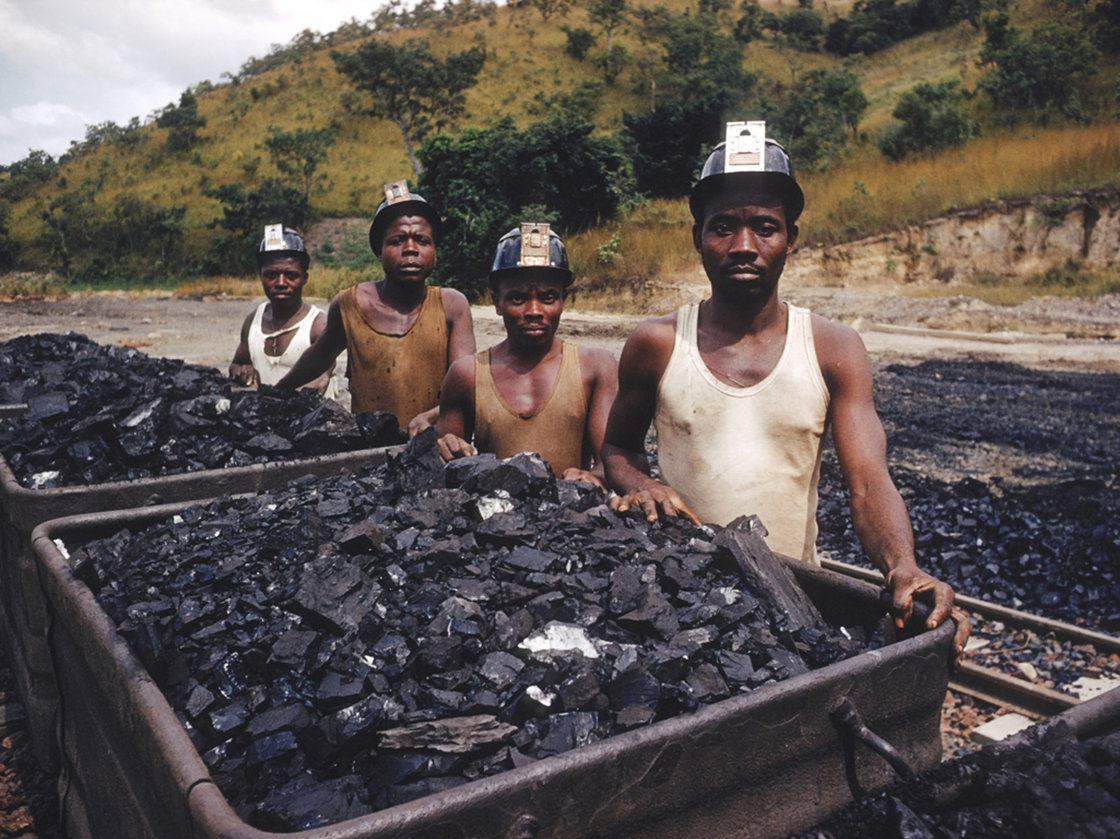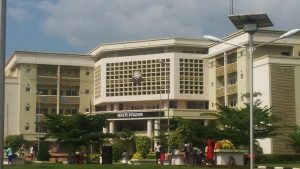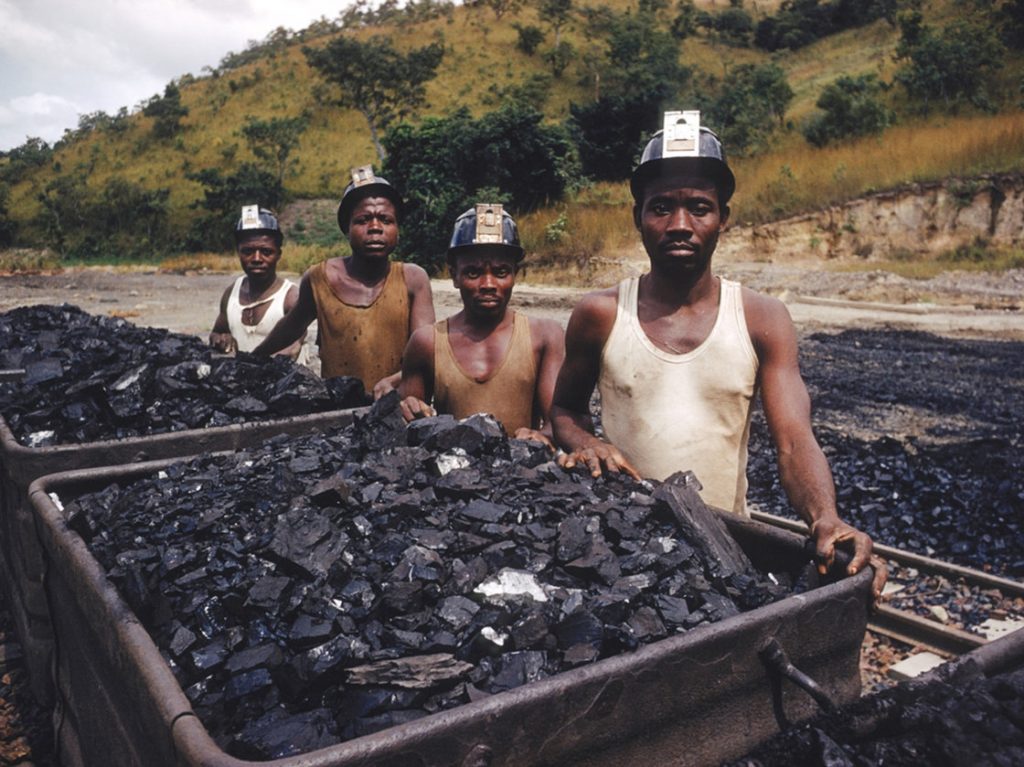
Enugu State, a heavily populated metropolitan area in southeast Nigeria, owes the existence of very sizable coal resources most of its urban status (mainly of sub-bituminous grade). The city has served as the seat of government for Nigeria’s former Eastern region. Due to the presence and location of numerous industries, factories, and government offices that have drawn numerous employees and their dependents to the city, Enugu’s population has continued to grow.
In the Nigerian region of Enugu, there have been numerous coal mining operations. Udi Mines, Onyeama Mines, Okpara Mines, Iva Valley Mines, and Ribadu Mines are a few of the coal mines that have been established in Enugu. Lots of mine waste from coal mining operations is dumped in landfills and open pits. Instead of taking into account environmental, geologic, or engineering factors, the location of these dumps was chosen for convenience and closeness to the garbage source, which led to environmental degradation and possibly groundwater pollution.
Nigeria’s search for improved power supply and rising interest in alternative energy sources have raised interest in the exploitation of the country’s substantial coal deposits, particularly in the Enugu region.
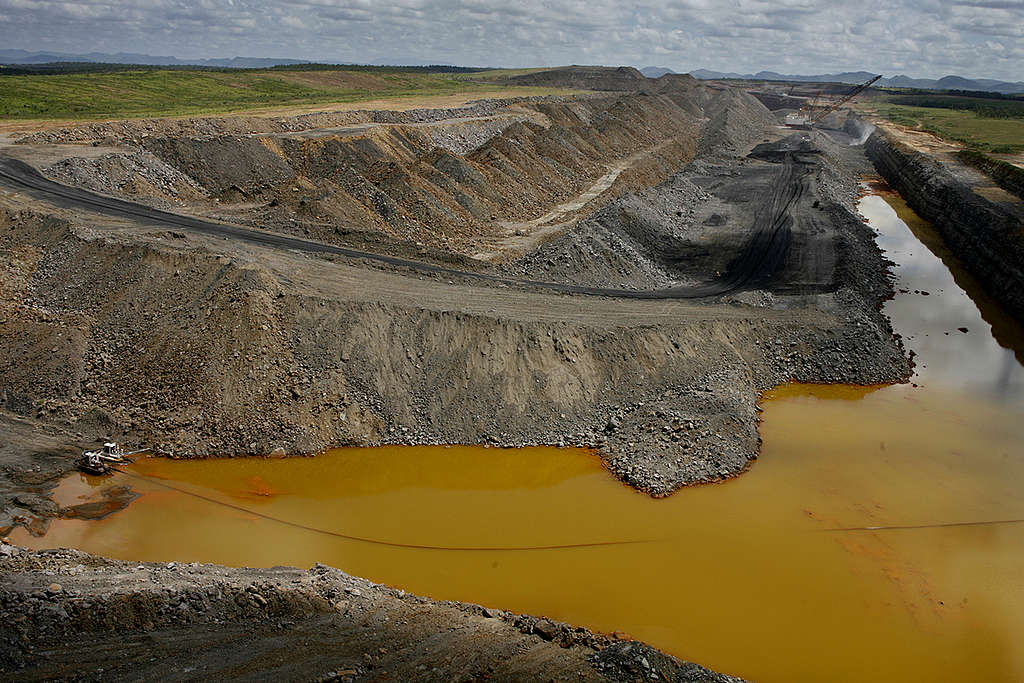
Overburden materials are removed during the mining and milling of coal, which also exposes mine waste to oxidation. The majority of coal deposits, including those in Enugu, are associated with pyrite and marcasite, which are stable below the water table but oxidize when exposed to air or when the water table is lowered.
The chemical quality of both surface and groundwater resources in Enugu has been significantly impacted by acid mine drainage AMD contamination that stems from coal mining activities. Streams/springs coming out of mine tunnels where the water table is intercepted flow over and through mine waste dumps into surface water bodies and groundwater recharge areas, as well as via exposed coal seams and bedrock.
This led to environmental deterioration, contaminated surface water, and contaminated groundwater, all of which had negative health effects on the surrounding population.
The Enugu region’s coal mining activities produced a significant amount of mine waste that was dumped in surface dumps and landfills that were selected more for their convenience and proximity to the waste source than for environmental, geologic, or engineering reasons, leading to environmental degradation and groundwater contamination/pollution.
The effect of mining waste on humans
Water quality is substantially reduced by AMD, which can also kill aquatic life and make water essentially unusable. The danger of developing cancer, heart disease, reproductive issues, neurological difficulties, and other severe health diseases is increased when one is exposed to coal ash.
Many tons of mine waste were produced by coal mining in the Enugu region of Nigeria, and these wastes were buried in surface dumps and landfills that were selected more for their closeness to the waste source than for their environmental, geologic, or engineering merits. This has led to groundwater contamination and environmental damage.
It has been established that groundwater tapped from a shallow well and surface water resources are both sulfate, iron, and acid-contaminated. Therefore, the water needs to be treated before it is consumed by the locals.
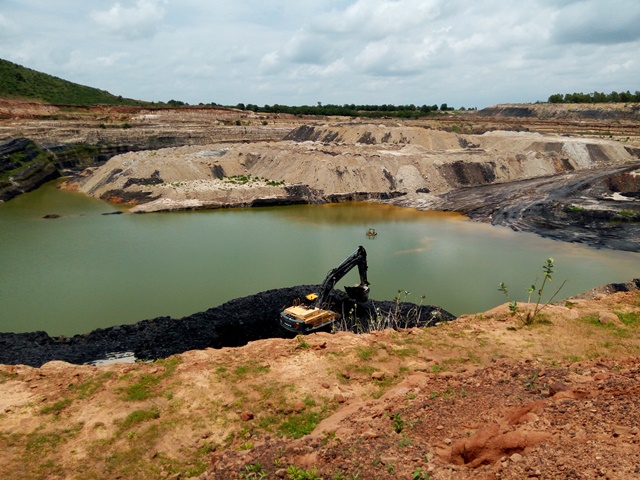
How the government can eradicate these mine waste issues from the water resources to reduce the impact it has on the communities affected.
- The suggested new mining campaign should make use of better, more appropriate, and more effective ways of mining and waste disposal that are also environmentally beneficial, such as the dry cover approach. Illegal mining should not be done, and mining activities should be carefully planned out and approved by the right authorities.
- It is important to educate and inform stakeholders in the water, environmental, and mining sectors on the effects of coal mining and better strategies to mitigate such effects. Training, seminars, workshops, and conferences can help with this. This effort should involve the local population as well.
- To meet the people’ water demands, public portable water projects in the area should be resurrected. To prevent the locals from drinking the contaminated water, surface water resources should be thoroughly purified and piped to homes and other service sites. Since the water quality is better in these remote places, water from the Ninth Mile Corner-Ngwo Borehole Field/Network can also be piped to this area for use.
- To stop future water and environmental damage, the mine waste dumps that are currently dispersed around the defunct mine site and exposed to surface oxidation conditions should be properly disposed of.
